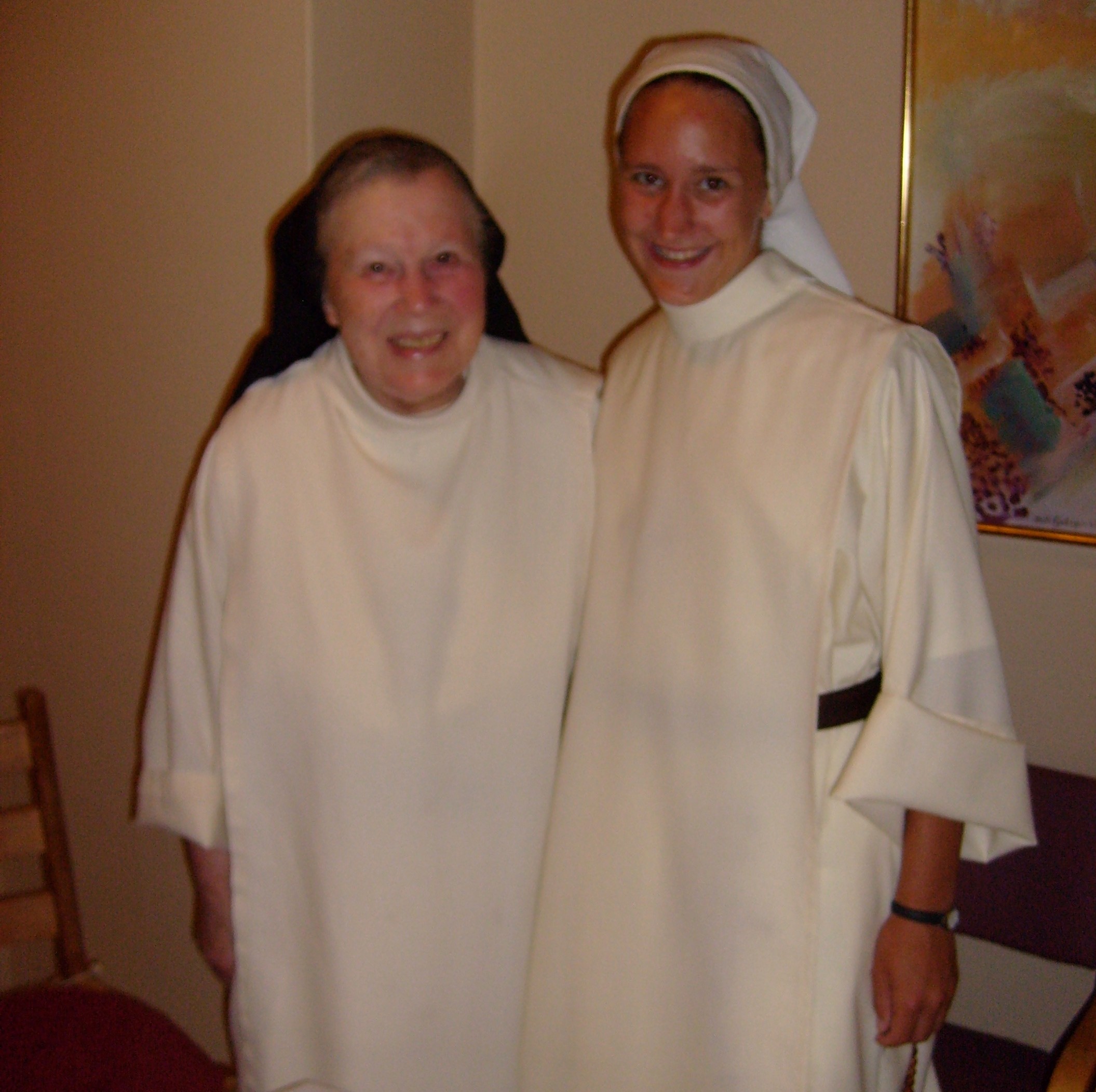Man kan dessverre ikke regne med messe på Lunden kl. 18.00 3. juli som annonsert. Vi anbefaler å se messetidene i menigheten.
Kategori: Liturgi/bønn
Messetider i juli
I juli blir det ikke daglige hverdagsmesser på Lunden.
Søndagsmessene går som normalt, kl. 10.00, og de første ukene av juli (1.–13. juli) blir det messe kl. 18.00 onsdag og fredag og messe kl. 10.00 lørdag.
Følg med for oppdaterte messetider: https://lunden.katolsk.no/gudstjenester/aktuelle-messetider/
Endring i messetiden søndag 30. juni
OBS! Søndag 30. juni feires høymessen på Lunden kl. 12.00.
Ingen messe kl. 10.00.
Rekviemmesse for sr. Mary Doyle SFX på Lunden
Onsdag 12. juni kl. 18.00 feirer vi en requiemmesse for sr. Mary Doyle som begraves i Bergen dagen før (les på katolsk.no: https://www.katolsk.no/nyheter/2024/06/r-i-p-sr-mary-doyle-sfx) og https://ewtn.no/sr-mary-doyle-rip/). Biskop Bernts minneord: https://www.katolsk.no/nyheter/2024/06/preken-ved-sjelemesse-for-sr-mary-doyle
Sr. Mary var den siste gjenlevende Franciskus Xavierius-søster. Hun og hennes kongregasjon har betydd enormt mye for Kirken i Norge.
Vi lyser fred over hennes minne og takker for alt hun har investert.
The Visitation revisited
Hvorfor besøkte Maria sin slektning Elisabet?
De fleste katolikker vil uten å nøle svare at hun dro for å hjelpe sin eldre slektning som var blitt gravid mot alle odds. Og hvorfor ikke?
Det er en nobel og passende grunn, i tråd med kristen etikk og moral, og på et allmennmenneskelig plan til og med høyst sannsynlig.
De tidlige kristne predikanter og eksegeter, så vel som folkets sunne fornuft og instinkt for troens sannheter var ikke sene om å tolke fortellingen slik. Fortsett å lese «The Visitation revisited»
